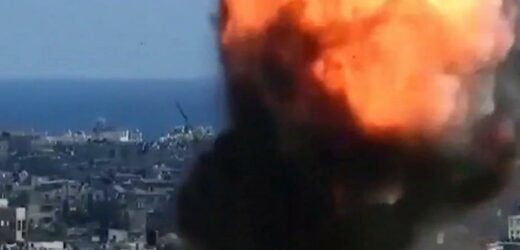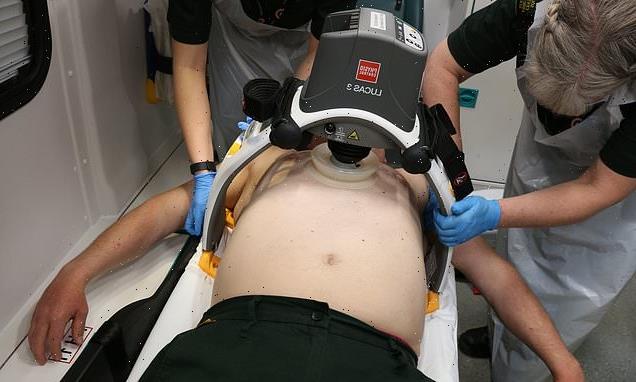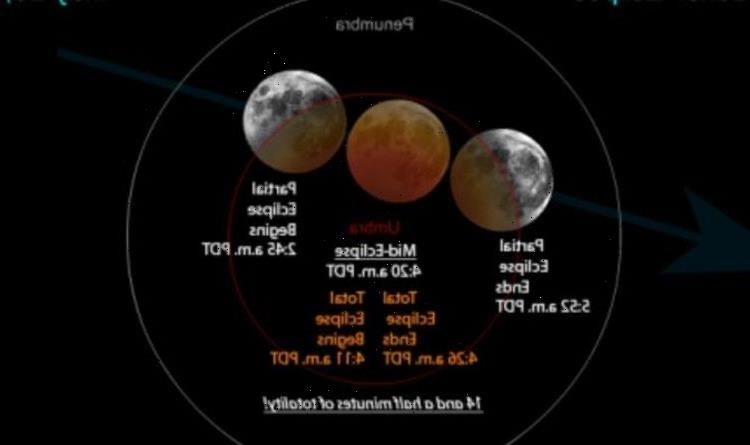Israel and Hamas agree on cease-fire to end 11 days of fierce fighting
Fox News correspondent Trey Yingst joins ‘Special Report’ with the latest on the conflict
Vice President Kamala Harris spoke to Jordan’s King Abdullah II by phone Thursday, stressing U.S. support of a cease-fire deal between Israel and Hamas after more than a week of violence.
“I spoke with Jordan King Abdullah II to reaffirm our support and express our commitment to continued close cooperation,” Harris wrote on Twitter. “I briefed him on our intensive diplomatic efforts to support the path to a ceasefire in Gaza. The U.S. and Jordan will continue working to deescalate tensions.”
President Biden didn’t speak with King Abdullah but called Egypt’s President Abdel Fattah Al Sisi, pledging support of a cease-fire. Biden said he spoke with Israel’s Prime Minister Benjamin Netanyahu six times in recent days and Palestinian leader Mahmoud Abbas more than once, urging an end to the violence.
“Prime Minister Netanyahu informed me that Israel has agreed to a mutual, unconditional ceasefire to begin in less than two hours,” Biden said at the White House on Thursday. “The Egyptians have now informed us that Hamas and the other groups in Gaza have also agreed.”
The 11-day conflict left at least 230 Palestinians dead, including 65 children and 39 women, according to the Gaza Health Ministry, and 12 dead in Israel, including a 5-year-old boy and 16-year-old girl.
The cease-fire was brokered by Egypt after the U.S. pressed Israel to wind down the offensive. Netanyahu announced that Israel had accepted the proposal late Thursday while emphasizing that “the reality on the ground will determine the future of the campaign.”
The State Department said U.S. Secretary of State Antony Blinken plans to visit the region in the coming days “to discuss recovery efforts.”
The current eruption of violence began a month ago in Jerusalem, where heavy-handed Israeli police tactics during Ramadan and the threatened eviction of dozens of Palestinian families by Jewish settlers ignited protests and clashes with police.
A focal point was the Al-Aqsa Mosque, built on a hilltop compound that is revered by Jews and Muslims, where police fired tear gas and stun grenades at protesters who threw chairs and stones at them.
Hamas, claiming to be defending Jerusalem, launched a barrage of rockets at the city on May 10, setting off days of fighting.
Netanyahu initially rejected calls from Biden for “significant de-escalation” on Wednesday but the cease-fire that was ultimately agreed upon took effect at 2 a.m. Friday.
Biden praised the cease-fire, saying, “I believe we have a genuine opportunity to make progress, and I’m committed to working for it.”
He said the U.S. was committed to helping Israel replenish its supply of interceptor missiles for its Iron Dome rocket-defense system and to working with the internationally recognized Palestinian Authority — not Hamas — to provide humanitarian aid to Gaza.
“I believe the Palestinians and Israelis equally deserve to live safely and securely and enjoy equal measures of freedom, prosperity and democracy,” Biden said. “My administration will continue our quiet and relentless diplomacy toward that end.”
The Associated Press contributed to this report.
Source: Read Full Article



